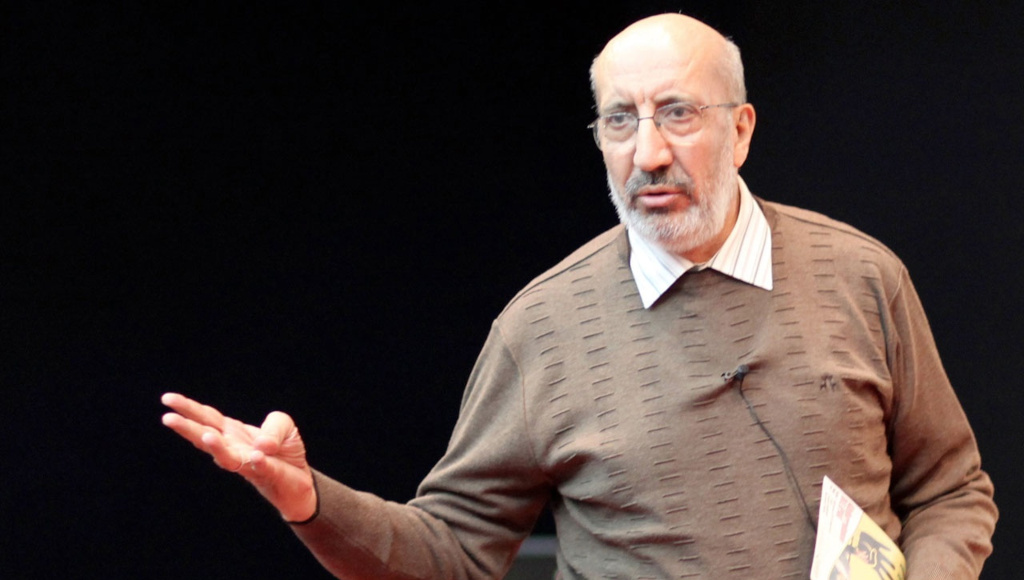At a court hearing on Wednesday the lawyer for pro-government columnist Abdurrahman Dilipak said his client had not targeted women supporting the Istanbul Convention by using the word “prostitutes” in his column but was instead referring to LGBTQ people, the Stockholm Center for Freedom reported.
According to the Duvar news website, in a controversial column published on July 27, 2020 in the Yeni Akit daily, Dilipak had referred to women in the ruling Justice and Development Party (AKP) who supported the Istanbul Convention, the Council of Europe (CoE) Convention on preventing and combating violence against women and domestic violence, as prostitutes.
Several AKP women’s branches filed a complaint against Dilipak for his offensive language. Dilipak’s lawyer said his column had not referred to supporters of the convention but to the LGBTQ community, an apparent use of hate speech.
“My client never refers to women in his column,” said the lawyer. “He emphasized the negative effects of the convention on the Turkish family and criticizes activists who support the convention. You could read the word ‘prostitute’ to mean homosexuals.”
Turkey, the first member state to ratify the CoE convention, which was opened for signature in İstanbul during Turkey’s chairmanship of the organization 10 years ago, ironically has also become the first state to announce its withdrawal from it.
President Recep Tayyip Erdoğan issued a decree on March 20 withdrawing Turkey from the Istanbul Convention, designed to protect women’s rights and prevent domestic violence in societies, sparking outrage in Turkey and the international community.
The Turkish Presidency in an official statement blamed the LGBTQ community for the withdrawal from the convention, arguing that “the Istanbul Convention, originally intended to promote women’s rights, was hijacked by a group of people attempting to normalize homosexuality – which is incompatible with Turkey’s social and family values. Hence, the decision to withdraw.” This view is also supported by conservative groups and officials from Erdoğan’s Islamic-oriented ruling Justice and Development Party (AKP) who claim the agreement promotes homosexuality and encourages divorce, undermining what, in their view, constitutes the “sacred” family.
Yet, the convention does not require that state parties attribute a particular legal status to intersex and transgender persons. The parties are merely required to avoid, within the convention’s scope of application, any discrimination on the grounds of gender or sexual identity, as well as on other grounds, such as race, color, language, religion, political or other opinion, national or social origin, association with a national minority, property, birth, age, state of health, disability, marital status or migrant or refugee status.
Lawyers representing the Women’s Platform for Equality (EŞİK), an umbrella organization of over 340 women’s and LGBTQ organizations, also attended the court hearing. They said Dilipak’s column had not only insulted female AKP members but all women supporting the convention.
Homophobic attacks have increased in Turkey since the country’s withdrawal from the convention.
According to the 2021 Rainbow Europe Map published by the International Lesbian, Gay, Bisexual, Trans and Intersex Association (ILGA)-Europe, Turkey was ranked 48th among 49 countries as regards the human rights of LGBT people.
